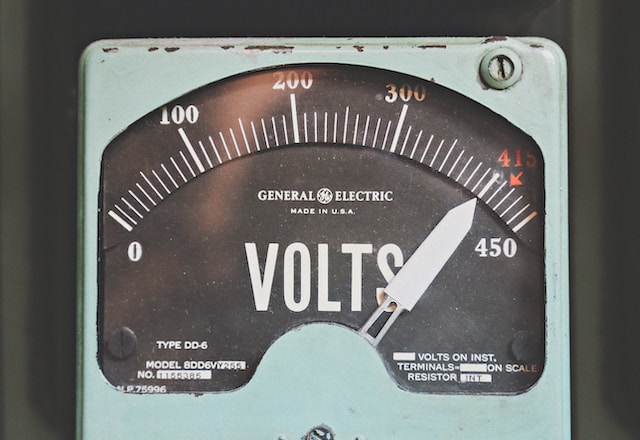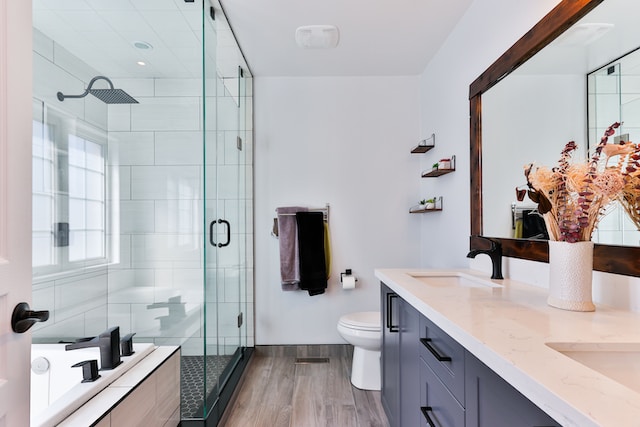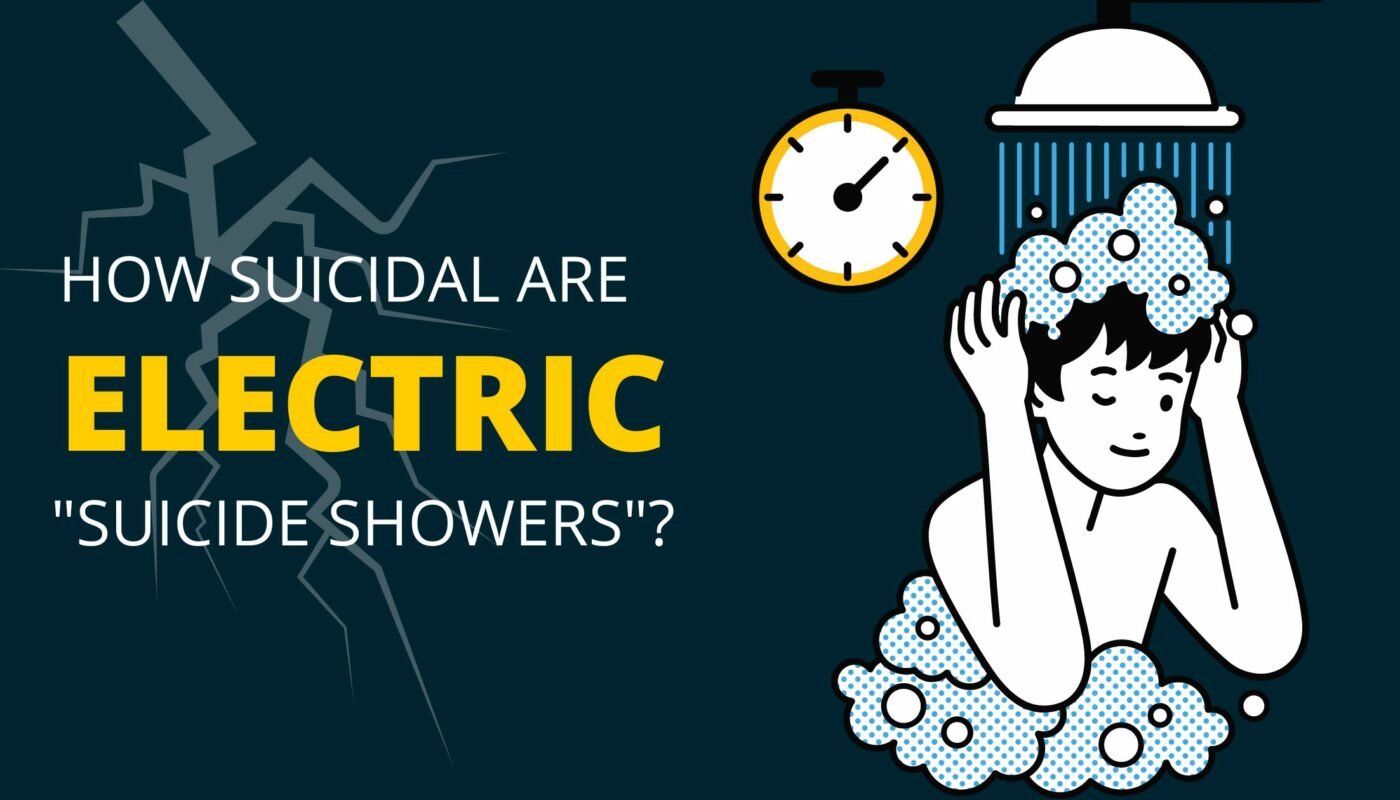Electric “suicide showers” have gained popularity in recent years, but just how dangerous are they or, how suicidal are electric “suicide showers?” With their low cost and easy installation, many people are opting for these electric showers, but there are some serious risks involved that need to be considered.
This article will explore the risks associated with electric “suicide showers” and provide insight into why they should be approached with caution.
How Suicidal Are Electric “Suicide Showers?”
The nickname ‘suicide showers’ was coined in the early 2000s, when reports of electric shocks from these showers began surfacing. The cause of these shocks is often due to poor installation or maintenance, and can sometimes be fatal. So, in short, suicidal electric showers are very dangerous and suicidal.
According to the World Health Organization, an estimated 3,000 people die each year from electric shock related to poorly maintained appliances.
In order to ensure your safety, it is important to properly install and maintain your electric shower.
This includes ensuring that the wiring is up to code, checking regularly for fraying wires or other signs of damage, and replacing any damaged parts immediately.
It is also important to use the right voltage for your shower and never attempt to alter it yourself.
Are Electric Showers Safe?
Electric showers are safe when installed and used correctly. They are designed with safety features such as temperature controls, overheat protection, and built-in electrical safety mechanisms. However, ensure that the electric shower is installed by a qualified professional to comply with safety regulations and guidelines.
Regular maintenance and inspections are also recommended to ensure the continued safe operation of the electric shower.
It is essential to follow the manufacturer’s instructions and guidelines for safe usage, such as avoiding contact with water when the shower is switched on.
Overall, with proper installation and usage, electric showers can be a safe and convenient option for personal hygiene.
Are Electric Showers Really Suicide Showers?

No, electric showers are not suicide showers. The term “suicide shower” is often used colloquially to refer to electric showers, but it is a misnomer. Electric showers are a common type of shower that heats water using an electric heating element.
They are designed to be safe and have built-in safety features such as temperature controls and automatic shut-off mechanisms.
While there have been instances of electric showers malfunctioning or causing accidents, these cases are rare and can happen with any type of shower.
It is important to follow proper installation and usage guidelines to ensure the safety of electric showers, just like with any other electrical appliance.
How To Minimize Risks When Using Electric Showers?
To minimize risks when using an electric shower, make sure that the bathroom is free from any flammable items or materials that can increase the risk of fire or electrocution. Additionally, keep any electrical appliances away from the shower unit in order to prevent sparks and surges.
It is also crucial to check the shower unit regularly for any signs of damage or wear and tear, such as frayed wires, cracks, and corrosion.
When using an electric shower, it is important to never touch the unit itself while wet or with wet hands. Doing so can create a risk of electric shock.
Additionally, it is recommended to use the shower within the manufacturer’s specified temperature range in order to avoid scalding or burns.
How Do Modern Electric Showers Incorporate Overheating Protection To Enhance Safety?
Modern electric showers are equipped with a thermostat that monitors the water temperature and automatically shuts off the heating element if it exceeds a certain limit. This prevents the water from reaching dangerously high temperatures and reduces the risk of scalding.
Additionally, electric showers often have a thermal cut-out feature that activates if the shower unit becomes too hot, cutting off the power supply to prevent any potential damage or fire hazards.
These safety measures ensure that users can enjoy a comfortable and safe showering experience without the worry of overheating or accidents.
Here, is a table with regions where electric showers are commonly used:
| Region | Countries/Area |
| Europe | United Kingdom, Ireland, Spain, Portugal, |
| Italy, Greece, etc. | |
| Asia | India, Philippines, Malaysia, Thailand, |
| Indonesia, Pakistan, etc. | |
| Latin America | Brazil, Mexico, Argentina, Colombia, Chile, |
| Peru, Venezuela, Costa Rica, etc. | |
| Middle East | Saudi Arabia, United Arab Emirates, |
| Israel, Kuwait, etc. | |
| Africa | South Africa, Egypt, Nigeria, Kenya, |
| Morocco, Ghana, etc. | |
| Oceania | Australia, New Zealand, Fiji, Papua New |
| Guinea, Samoa, etc. | |
| North America | USA, Canada |
Factors On Which The Safety Of Suicide Shower Head Depends
Here’s a look at some of the factors that decide how safe your electric shower head is:
Proper Installation
This is one of the most important factors that contribute to the safety of suicide showers. The shower head should be installed according to instructions provided by the manufacturer and should adhere to all local building codes.
All necessary fittings should be checked for proper installation, and any defects or damage should be addressed before using the shower head.
Maintenance and Quality
Regular maintenance and inspection of the suicide shower head are also important factors for its safety. The manufacturer’s instructions should be followed to ensure that all fittings are tightened correctly and no damage or corrosion has occurred.
The quality of the materials used in the shower head should also be checked regularly, as poor-quality materials can lead to a dangerous situation.
Water Quality
The water quality used for the shower head should also be checked regularly. If the water is contaminated, it can increase the risk of corrosion and other health and safety hazards.
User Awareness
Before using the showerhead, users should be aware of its dangers and take all necessary precautions to ensure their safety. They should also be aware of the proper operation and maintenance of the shower head.
Ground Fault Circuit Interrupter (GFCI)
GFCI is a device that helps to protect against electric shock by automatically shutting off the electricity in case of a short circuit. It should be connected to the suicide shower head for additional safety.
What Is A Ground Fault Circuit Interrupter (GFCI) And How Does It Enhance The Safety Of Electric Showers?
A Ground Fault Circuit Interrupter (GFCI) is a device that is designed to protect against electrical shock in the event of a ground fault. It works by constantly monitoring the flow of electricity in a circuit and quickly shutting off power if it detects any imbalance or leakage of current.
This is especially important in electric showers, as water and electricity can be a dangerous combination. The GFCI enhances the safety of electric showers by providing an added layer of protection against electrical shock.
If there is a fault in the electrical system, such as a damaged wire or faulty appliance, the GFCI will quickly shut off power, preventing any potential harm to the person using the shower. This helps to minimize the risk of electric shock and ensures a safer showering experience.
How Does The Electric Shower Work?

Electric showers work by heating cold water using an electric element inside the shower unit. When the shower is turned on, the water passes over the heating element, which heats it up to the desired temperature. The heated water is then delivered through the showerhead, providing a refreshing shower experience.
Electric showers are convenient because they can provide hot water instantly, without the need for a separate hot water storage tank.
Below we have discussed the working of an electric shower in detail:
Water Inlet
The first component of an electric shower is the water inlet. This is the pipe that brings cold water into the shower, either directly from your home’s water supply or from a hot water tank.
Flow Control
In order to ensure that you have enough water flow and pressure for a pleasant shower experience, electric showers come with a flow control valve.
Heating Element
The heart of an electric shower is the heating element. This component uses electricity to heat up the water as it enters the shower, providing a hot shower experience.
The heating element is usually made of either metal or ceramic and is designed to withstand high temperatures and pressure.
Electricity Flow
In order to power the heating element, electricity is sent to it via a wiring system. This is usually connected to your home’s power supply and protected by circuit breakers or fuses.
Heat Transfer
The heat from the heating element is then transferred into the water, resulting in hot water for your shower.
Temperature Control
To make sure you get the desired temperature for your shower, electric showers come with temperature control knobs. These can be adjusted to the desired temperature, ensuring that you get a hot but comfortable shower.
Mixing and Outlet
To ensure that the water is at the right temperature when it reaches you, electric showers also come with a mixing valve. This mixes cold and hot water together in order to reach the desired temperature before it comes out of the outlet nozzle.
Safety Features
Lastly, electric showers come with safety features to protect you from electric shock. These usually include a Ground Fault Circuit Interrupter (GFCI) and a thermostat that will shut off power to the heating element if it gets too hot.
What Are The Alternatives Of Electric Showers?
The alternatives to electric showers include gas-powered showers, solar-powered showers, and heat pump showers. Gas-powered showers use a gas boiler to provide hot water, which can be more energy-efficient than electric showers. Solar-powered showers utilize solar panels to heat the water, making them a renewable and eco-friendly option.
Heat pump showers extract heat from the air or ground to warm the water, offering an energy-efficient alternative to electric showers.
The alternatives are described below:
Gas Water Heaters
Gas water heaters are an excellent alternative to electric showers as they are very energy efficient and can provide hot water in a matter of minutes.
Gas-powered units work by burning natural gas or propane to heat the water. This makes them ideal for those who have access to a gas line.
Traditional Water Heaters
Traditional water heaters are another alternative to electric showers. These units work by heating water in an insulated tank with an electric element. The hot water is then stored until it is needed and can be drawn from the tap as required.
Traditional water heaters are often less accessible either by a manual tap or via a showerhead. Traditional water heaters are relatively inexpensive and can be used in both rural and urban settings.
Solar Water Heaters
Solar water heaters are becoming increasingly popular as they can provide hot water at no cost to the user. These units work by collecting solar energy and using it to heat water which is then stored in an insulated tank.
Solar water heaters are great for those who have access to plenty of sunshine and can be used in both rural and urban settings.
Heat Pump Water Heaters
Heat pump water heaters are an energy-efficient alternative to electric showers as they use electricity to move heat from one place to another rather than generating it directly. These units work by drawing in warm air from outside or another room and using it to heat the water.
Heat pump water heaters are more expensive than traditional units but they are much more efficient and can provide hot water for a fraction of the cost.
Combination Boilers (Combi Boilers)
Combination boilers, or combi boilers, are an excellent alternative to electric showers for small homes or apartments. These units work by combining the boiler and water heater into one compact unit. This provides hot water on demand and reduces the amount of energy required to heat the water.
Oil-Fired Water Heaters
Oil-fired water heaters are an alternative to electric showers for those who have access to oil but no natural gas or propane. These units work by burning oil which is then used to heat the water in an insulated tank.
Oil-fired water heaters are more expensive than traditional units but can provide hot water on demand.
Geothermal Water Heaters
Geothermal water heaters are an efficient and environmentally friendly alternative to electric showers. These units work by using the natural heat of the earth to heat the water in an insulated tank.
Geothermal water heaters require a significant investment upfront but they can provide hot water for a fraction of the cost of traditional units and are suitable for both rural and urban settings.
Conclusion
In summary, while the term “suicide showers” may evoke safety concerns, responsible installation, vigilant maintenance, and adherence to guidelines significantly mitigate risks associated with electric showers.
Properly designed with safety features, electric showers offer a secure means of water heating.
By focusing on accurate information and professional guidance, users can confidently enjoy the convenience and benefits of electric showers while ensuring their safety and well-being.







